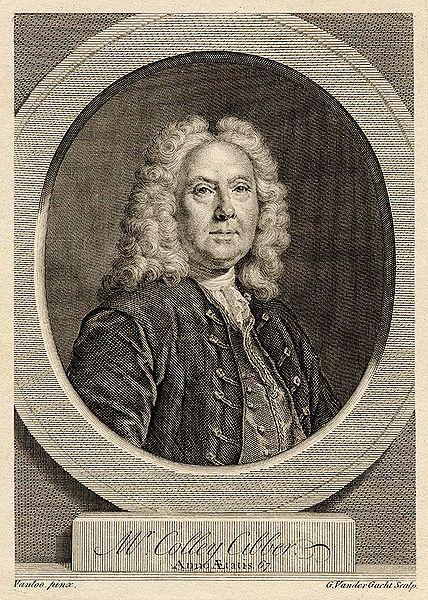Quote
"This other new License being now in Possession of the Drury-Lane Theatre, those Actors whom the Patentee ever since the Order of Silence had retain'd in a State of Inaction, all to a Man came over to the Service of Collier."
Links to the Encyclopedia:
A ludicrous Account of this Transaction, under fictitious Names, may be found in the 99th Tatler, Vol. 2. which this Explanation may now render more intelligible to the Readers of that agreeable Author.
This other new License being now in Possession of the Drury-Lane Theatre, those Actors whom the Patentee ever since the Order of Silence had retain'd in a State of Inaction, all to a Man came over to the Service of Collier. Of these Booth was then the chief. The Merit of the rest had as yet made no considerable Appearance, and as the Patentee had not left a Rag of their Cloathing behind him, they were but poorly equip'd for a publick Review; consequently at their first Opening they were very little able to annoy us. But during the Trial of Sacheverel our Audiences were extremely weaken'd by the better Rank of People's daily attending it: While, at the same time, the lower Sort, who were not equally admitted to that grand Spectacle, as eagerly crowded into Drury-Lane to a new Comedy call'd The fair Quaker of Deal. This Play having some low Strokes of natural Humour in it, was rightly calculated for the Capacity of the Actors who play'd it, and to the Taste of the Multitude who were now more disposed and at leisure to see it: But the most happy Incident in its Fortune was the Charm of the fair Quaker which was acted by Miss Santlow, (afterwards Mrs. Booth) whose Person was then in the full Bloom of what Beauty she might pretend to: Before this she had only been admired as the most excellent Dancer, which perhaps might not a little contribute to the favourable Reception she now met with as an Actress, in this Character which so happily suited her Figure and Capacity: The gentle Softness of her Voice, the composed Innocence of her Aspect, the Modesty of her Dress, the reserv'd Decency of her Gesture, and the Simplicity of the Sentiments that naturally fell from her, made her seem the amiable Maid she represented: In a Word, not the enthusiastick Maid of Orleans was more serviceable of old to the French Army when the English had distressed them, than this fair Quaker was at the Head of that dramatick Attempt upon which the Support of their weak Society depended.
But when the Trial I have mention'd and the Run of this Play was over, the Tide of the Town beginning to turn again in our Favour, Collier was reduced to give his Theatrical Affairs a different Scheme; which advanced the Stage another Step towards that Settlement which, in my Time, was of the longest Duration.
Sources
Colley Cibber, An apology for the life of Mr. Colley Cibber, comedian, And Late Patenter of the Theatre-Royal. With an Historical View of the Stage during his Own Time. Written by himself. London: re-printed by and for George Faulkner (Dublin), 1740, p. 246-247. Full text in ECCO. Transcription by Alain Kerhervé.
